A review of the food fraud and authenticity issues reported on the Food Forensics Knowledge Base platform over the last 12 months demonstrates an increase of 12 per cent on the previous year. Perhaps of greater concern is the rate of increase in recorded incidences, with the rate increasing in the last quarter of 2020 by a staggering 38 per cent; proof if it were needed that we have an ideal climate for fraud. Whether the supply chain is impacted by Covid-19, border issues with Brexit, or both, it should serve as a call to arms for everyone in the food supply chain.
Destroying trust
Crucially, food fraud can result in a serious food safety failure as seen with the 2007/2008 melamine crisis. This occurred when a strategically important ingredient, wheat gluten, was adulterated with melamine. This resulted in artificially high protein content, which commanded a greater market price. Tragically, this led to the costliest pet food recall (>42 mio dollars) and the deaths of around 2 000 cats and 2 200 dogs due to illness from consuming the adulterated ingredients.
To develop and maintain trust in pet food, many pet food manufacturers and ingredient suppliers implement the internationally accredited, third-party food safety management standards of the Global Food Safety Initiative (GFSI). These include all aspects of food integrity, i.e. safety, legality, quality, and authenticity of the food. Standards like BRC, FSSC22000, the IFS Food Standard and SQF all include the need for food fraud mitigation.

 Menü
Menü

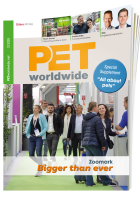



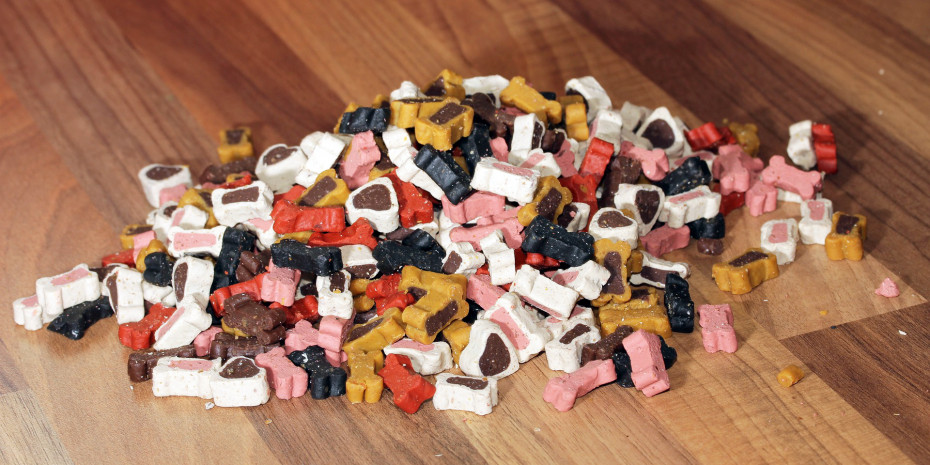


 3/2021
3/2021


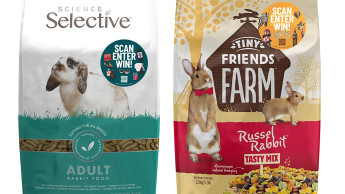

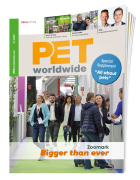
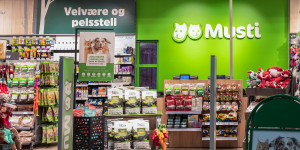



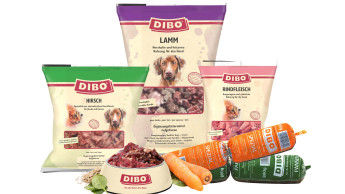

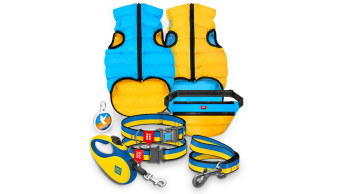
 Newsletter
Newsletter